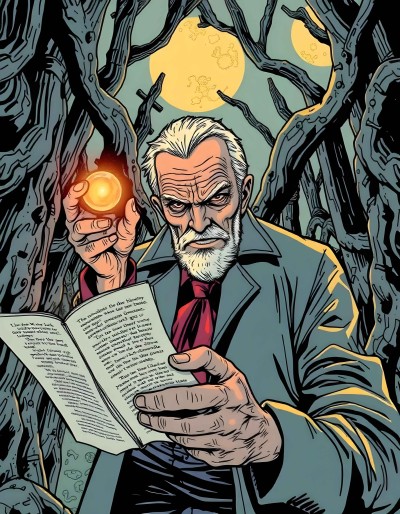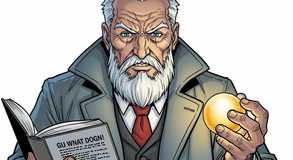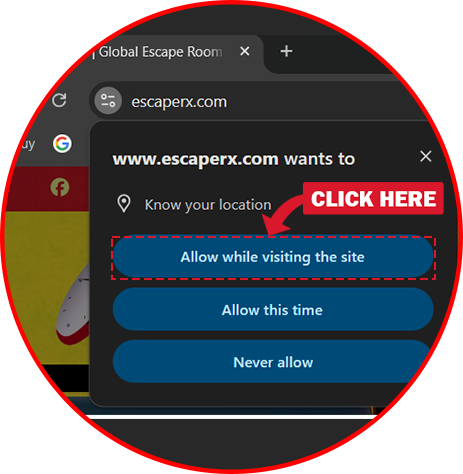Every escape room is designed as a carefully woven tapestry of challenges. Some puzzles rely on observation, others on physical manipulation, and many on logical deduction 🎭. Yet among these diverse puzzle types, riddles and word-based challenges hold a special place. They are deceptively simple in appearance but often carry layers of meaning, hidden references, and subtle misdirection 📝 ✨. For this reason, the Riddle Solver is one of the most essential personas on any escape room team 🏆.
The Riddle Solver thrives on words, patterns, and clever phrasing. Where others may stumble over ambiguity, they find clarity 🧩 📚. To them, riddles are not roadblocks but invitations a chance to dive into the mind of the puzzle designer and uncover the twist that transforms confusion into insight ❓. Their skill ensures that the team doesn’t waste precious time circling around a phrase or clue, trapped in misinterpretation ⚡. By cracking riddles quickly, they not only advance the game but also preserve morale, reducing frustration and maintaining the group’s energy.
One of the Riddle Solver’s greatest strengths lies in their ability to think abstractly. Many riddles in escape rooms hinge on lateral thinking, wordplay, or unexpected connections between ideas 🔍. A riddle that initially appears nonsensical may hide a simple truth, waiting for someone to see past the surface ✍ ️. The Riddle Solver excels in these moments. They can parse double meanings, spot linguistic tricks, and approach phrasing from multiple angles until the solution clicks into place ⏳.
But their contribution goes beyond solving the riddle itself it extends to inspiring the team. Riddles often frustrate groups because their answers are not always immediately obvious. When teammates see the Riddle Solver dissect a tricky phrase with calm analysis or playful creativity, it shifts the group’s perspective. Suddenly, the riddle becomes less of a wall and more of a puzzle to be enjoyed. This change in mindset can keep morale high, even in high-pressure situations.
What makes the Riddle Solver particularly vital is that riddles often act as gatekeepers in escape rooms 😤. While a misplaced key or overlooked clue may delay progress, a stubborn riddle can halt a team entirely 😎. Frequently, the solution to a riddle provides a crucial code, word, or direction that unlocks the next phase of the room. Without someone skilled in deciphering them, teams risk burning through their time or relying heavily on hints 🏁. The Riddle Solver ensures that the group keeps its autonomy, progressing with confidence rather than frustration 💪.
At the same time, effective Riddle Solvers know that their strength is magnified when paired with collaboration 🛑. Even the sharpest solver may misinterpret a clue in isolation 🧱. By listening to teammates, sharing partial insights, and building on others’ ideas, they turn the riddle-solving process into a team effort 🌟. Sometimes the key to cracking a riddle lies not in brilliance but in synergy combining different perspectives until the answer emerges 🎯.















